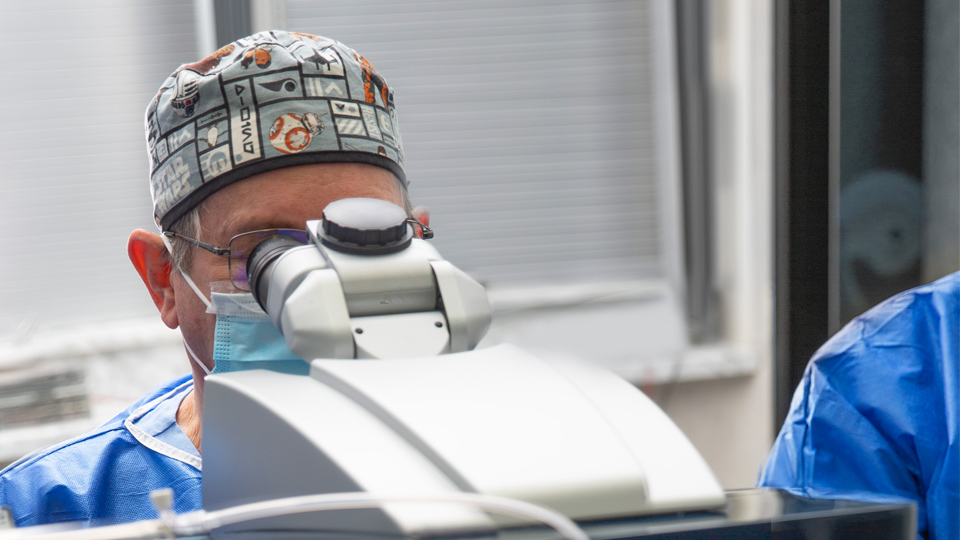We signed a collaboration agreement with the Ministry of Health and Population of Egypt
26/02/2026

08/07/2025
It is a safe and quick procedure that helps reduce or eliminate dependence on glasses and contact lenses.
LASIK surgery is an advanced ophthalmological procedure that corrects refractive errors such as myopia, hyperopia and astigmatism. However, before undergoing this operation, it is essential to understand its requirements, benefits and possible risks.
Before deciding on LASIK surgery, it’s important to understand how it works, what to expect from the procedure, and whether you are a suitable candidate. It’s also key to be aware of the pre- and post-operative care needed to ensure optimal recovery.
Not everyone is suitable for this surgery. The main requirements for undergoing LASIK include:
The ophthalmologist will carry out preliminary tests to determine whether the patient meets these criteria.
LASIK is ideal for people with:
However, those with an unstable prescription, thin corneas or pre-existing eye conditions may not be suitable candidates.
The pre-surgery protocol includes several stages to ensure the success of the procedure:
The day before surgery, further tests will be conducted to confirm that everything is in optimal condition and to ensure a safe procedure.
Recovery from LASIK is quick. Most patients notice an improvement in vision within 24 to 48 hours. However, some side effects such as dry eyes and light sensitivity may last for a few weeks. It is recommended to:
Although it is a safe procedure, LASIK may cause side effects in some cases, such as:
Most of these symptoms fade over time or with proper treatment.
Patients usually notice an almost immediate improvement, although vision stabilises completely within a few weeks. Most achieve their best visual acuity between the first and third month after surgery.
LASIK surgery is an effective option to correct refractive errors and reduce dependence on glasses and contact lenses. With an accurate diagnosis and by following medical advice, the results can be both optimal and long-lasting.
Dr Andrés Picó, ophthalmologist at the Barraquer Ophthalmology Centre
Almost all wearers of glasses and contact lenses consider reducing their prescription with refractive techniques at some point. In this chapter we explain all the options and help you know when it is worth having surgery, who is a good candidate and why it is so important to choose where to go.